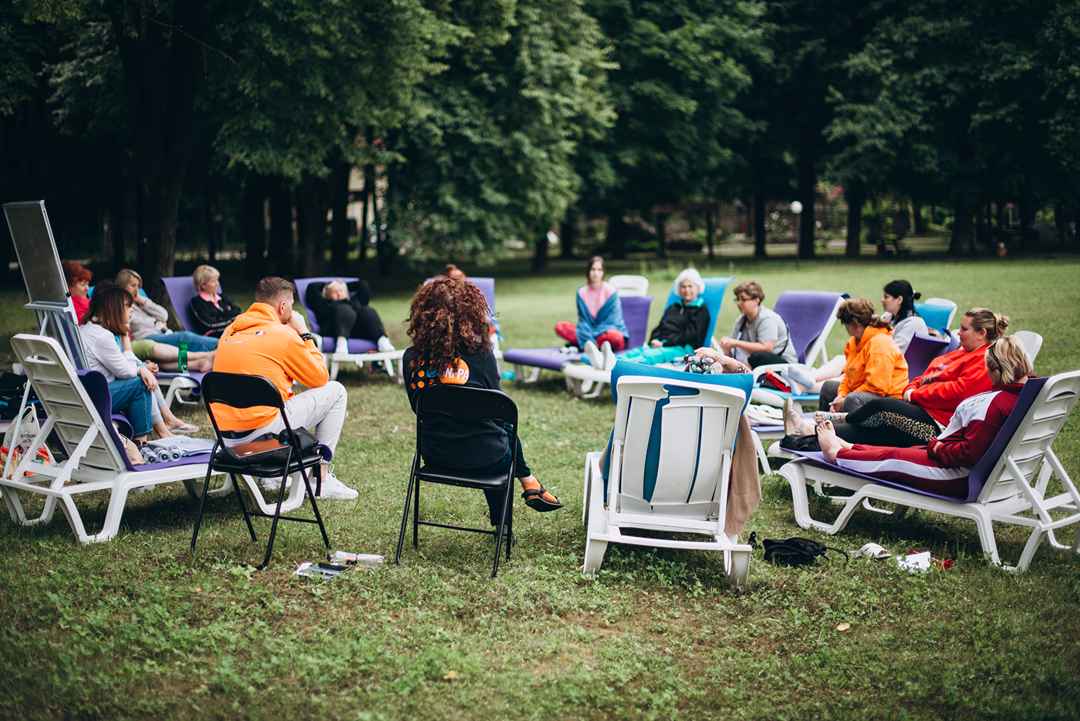
Why More People Are Relocating for Rehab Than Ever Before
More people are leaving their hometowns and even their home states to get clean. Not just a few—but thousands every year. Some travel across the country, while others just cross a state line. But what’s driving this trend? Why are so many individuals and families looking beyond their local area for addiction treatment? The answer isn’t simple, but it comes down to access, environment, and the need for real, lasting change.
Local Resources Aren’t Always Enough
Even in states with well-established rehab systems, one big issue persists: too many people and not enough beds. Families in crisis often call around only to hear that the waitlist is weeks long. For someone ready to get clean today, waiting even a few days can mean missing a critical window of opportunity. Some end up back on the street, in jail, or worse.
Even though new facilities are opening in some areas, demand continues to outpace supply—especially in rural communities or regions hit hardest by the opioid epidemic. That’s one reason people look elsewhere. When time is of the essence, a program in another state may simply be more accessible.
A Fresh Start Can Be the Key
For many in recovery, leaving home isn’t just about logistics—it’s about healing. Being surrounded by the same people, places, and triggers that contributed to addiction can make it harder to recover. That’s why so many individuals seek treatment in unfamiliar environments where they can focus fully on their recovery journey.
A new setting—especially one that’s calm, rural, and distraction-free—can make all the difference. People often say they feel clearer, more focused, and more hopeful after spending just a few weeks away from the chaos of their everyday life. In these cases, relocation isn’t running away—it’s moving forward.
Programs That Go Beyond Detox
Another factor driving people to cross state lines is the quality of care. Many leading programs in states like West Virginia, Tennessee, and Kentucky offer more than just detox. They provide comprehensive support including dual-diagnosis care, trauma-informed therapy, vocational training, and aftercare planning.
These full-circle recovery models are designed not just to help someone get sober—but to help them stay sober by building a stable life post-treatment. In some regions, families are finding that these programs are better equipped to provide the kind of personalized, long-term care their loved ones need.
Insurance Makes It Easier
One of the biggest shifts in recent years is how accessible out-of-state treatment has become. Many private and public insurance plans now cover treatment across state lines, as long as the facility is in-network or meets specific requirements. That means families are increasingly able to choose a program based on quality rather than just geography.
If cost is the same, but outcomes are better, relocating becomes an easy decision for many.
Why Places Like West Virginia Are Standing Out
States like West Virginia have quietly become known for their strong rehab communities. With treatment centers located in peaceful settings and a growing network of aftercare resources, the West Virginia rehab landscape offers both the solitude and support many people need to reset.
Some families report that their loved ones seem like different people after a few weeks in one of these programs—clearer, more hopeful, and finally ready to rebuild. It’s not just the treatment itself, but the whole experience that makes a difference: the slower pace, the natural surroundings, and the chance to focus without constant distractions.
Families Are Willing to Travel for Results
At the end of the day, most families don’t care where recovery happens. They just want it to happen. After watching a loved one relapse again and again due to long waitlists or limited treatment options at home, many are willing to travel hours or even fly across the country for a better shot at success.
It’s no longer uncommon for families to choose a program several states away—especially if it means better care, faster intake, or a more comprehensive approach.
What More Communities Can Learn
The rise in relocation for rehab is a wake-up call. It shows that people are willing to do whatever it takes to find help that works. It also highlights what’s still missing in many local systems: enough beds, personalized care, long-term support, and recovery housing.
If more communities invest in full-spectrum recovery services—services that address the person, not just the addiction—they may be able to keep more people close to home. Until then, people will keep looking elsewhere for help. And in many cases, that’s the right decision.

Comments (0)